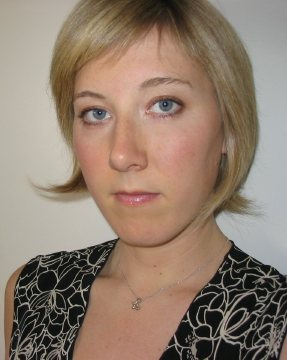 Oh man. As if woman needed another thing to make pregnancy and birth less than fun. Is it any wonder that just as the Institute of Medicine released its revisions of the 1990 guidelines for pregnancy weight gain (in a nut shell, continue to limit your weight gain and if you are already overweigh try not to gain any weight at all), as if on cue, Heidi Murkoff released her latest tome, What to Expect Before You're Expecting, which in the tradition of the other What to Expect books capitalises on telling women what to eat, how much weight to gain and how not to be a bad mother all BEFORE they even get pregnant.
Oh man. As if woman needed another thing to make pregnancy and birth less than fun. Is it any wonder that just as the Institute of Medicine released its revisions of the 1990 guidelines for pregnancy weight gain (in a nut shell, continue to limit your weight gain and if you are already overweigh try not to gain any weight at all), as if on cue, Heidi Murkoff released her latest tome, What to Expect Before You're Expecting, which in the tradition of the other What to Expect books capitalises on telling women what to eat, how much weight to gain and how not to be a bad mother all BEFORE they even get pregnant.Seriously, if anyone could take the fun out of baby making, it would have to be Murkoff. Sure, while conception is by no means easy for everyone, come on. I think it's a pretty sad state of affairs when women are being told to monitor their weight gain before they are even pregnant and treating pregnancy as though it was a 2year process and not just nine months. As Murkoff writes:
"Before you're expecting--and before you even begin trying to expect--is the best time to get both your bodies into tip-top baby-making shape. And that's why I've written What to Expect Before You're Expecting--a complete, step-by-step preconception plan to help you and your partner prep for pregnancy. Whether you're hoping to fill your nest for the first time or the fourth (or more!), a little conception know-how--which lifestyle adjustments you should make now (cut back on caffeine and cocktails) and which you can hold off on (get your sushi while you can!); which foods are fertility-friendly and which are fertility busters (say yes to yams and oysters, so long to saturated fats); how extra weight can weigh on your fertility and his; how to track fertility and pinpoint ovulation--can help you fill that nest faster. What's more, the right preconception protocol can help ensure a healthier and more comfortable pregnancy (think less morning sickness, a lowered risk of premature delivery and gestational diabetes) and a healthier bundle of baby. And the plan doesn't end when you're finished with the prepping. It covers baby-making how-to's, do's, and don'ts--everything you need to know about conception sex (from timing, to logistics, to positions, and more)."
I think this is so dangerous. Some women do everything 'right'. They follow all of the preconception care, they see the best doctors and they still don't get pregnant. To suggest that eating healthy foods and tracking your ovulation will make you a better mother or even ensure that you will become one is ridiculous.









